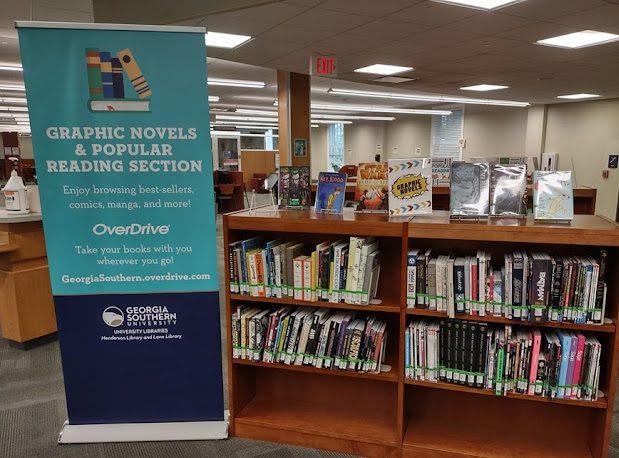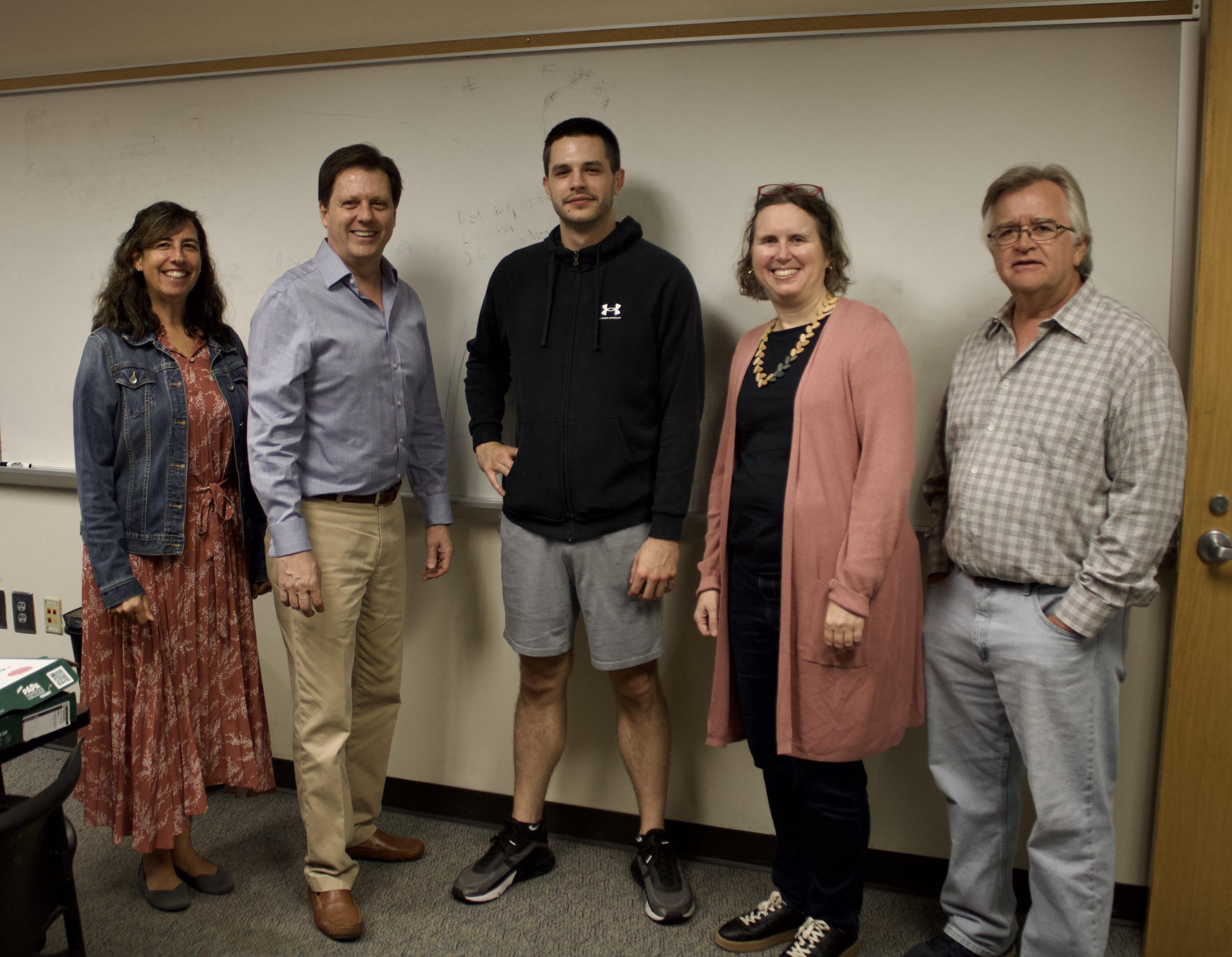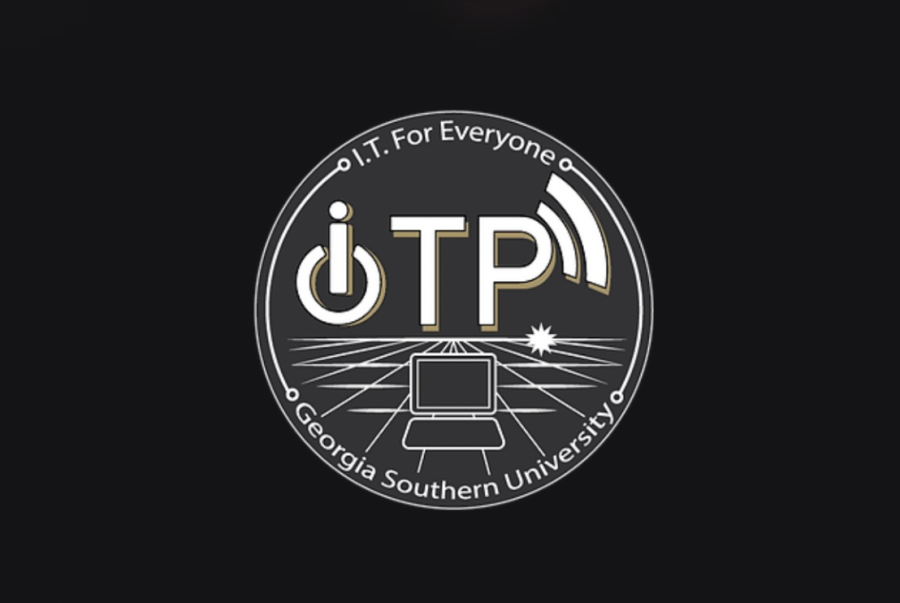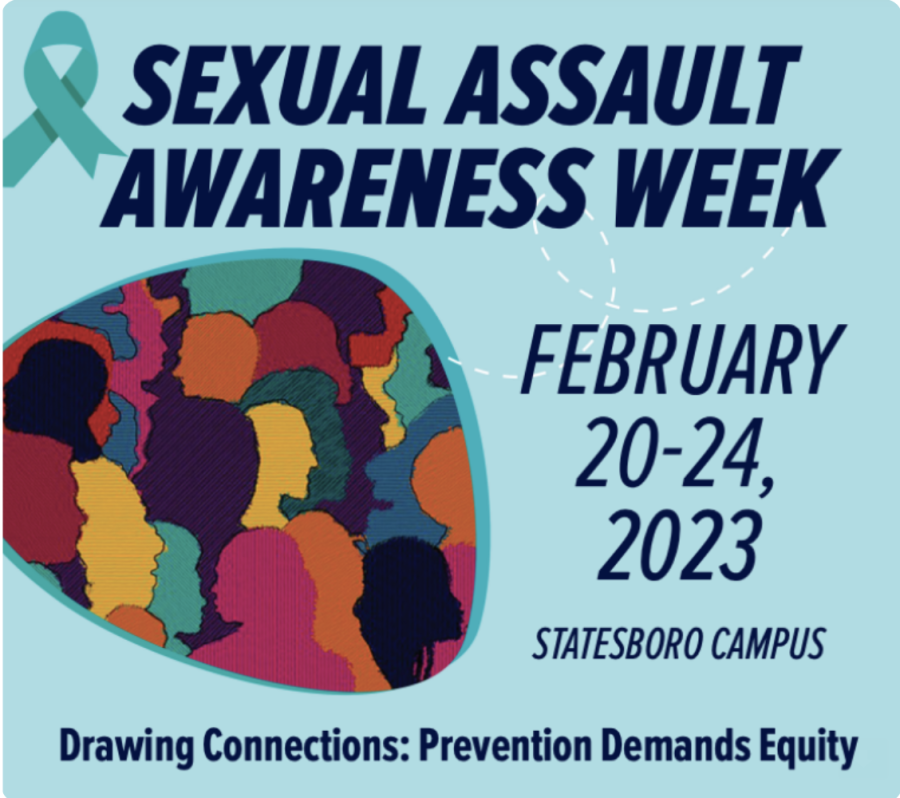Why can’t we have the same kind of conversations about suicide and what leads to it as we have about people dying from natural diseases? When it is discussed, suicide is often labeled “cowardly,” “a moment of weakness,” or what have you. I think these labels indicate a broken understanding of suicide, and I want you to throw them to the curb. Our understanding of suicide should begin with understanding why people consider it an option.
Tough situations are usually a factor when people decide to commit suicide. These stressing situations can include current circumstances and trauma, as well as past trauma and ongoing mental or physical ailments. Feeling hopeless is at the core of someone’s decision to take their own life. Most often, mental illnesses, which in some form entail depressive feelings or mood swings, contribute to this core of hopelessness.
Just like there are a variety of mental illnesses, there are many different traumatic experiences that may push a person to suicide. Abuse of any kind, war, drug use, bullying and financial stress are just several examples of possible trauma. No doubt we all know someone who has gone through one of these things, and we probably know at least one person with a mental illness.
In fact, one in four people ages 18-24 (a.k.a college age) have a mental illness that can be diagnosed (www2.nami.org). Since we probably know someone who has experienced trauma, then we have probably also witnessed the pain that person experiences because of the issue they are facing, which may be a past event or ongoing. Personal pain considered, many people still cannot grasp why someone would commit suicide. And that is a direct result of the stigmas and stereotypes they may already hold.
Remember when I listed those examples, “cowardly” and “a moment of weakness”? Well, those are stigmas about suicide. Other stigmas include, “weak” and “crazy.” Still yet, there are various other stigmas about mental illness, which, when someone tells a person with a mental illness those things, may convince them to not seek treatment. Like I said before, mental illness is usually the main factor in why a person commits suicide. We (and I say “we” since I am a part of the population that does not have a mental illness) need to stop reinforcing various stigmas that harm suicidal people.
Stigmas are not loving, even though a friend or family member may say them when they are really trying to say, “I just want you to stay.” Now I know that not all people are going around slewing stigmas and stereotypical saying at their peers. For those of us who do know better, we need to be a role model so people that think that type of thing is okay can see that it is not okay under any circumstances.
I urge you not to dismiss what I have said as, “Oh, well, I don’t stereotype suicidal people, so none of this applies to me.” It absolutely does apply. I want people to realize that everyone has potential, even the people you do not like. It saddens me when I hear another person took their own life because of something they were going through. Another person’s potential, another person who could have contributed great things to the world, snuffed out. How do we stop it, people committing suicide?
While we may sometimes be unsuccessful, I have found that extending a helping hand can have a huge impact on someone. By just being there for a friend or family member, showing them that you do care, I guarantee that person will appreciate the effort, even if they do not directly say so. Sometimes, we cannot help a person on their own. They may need to go to a certain doctor to help them deal with their problems, or the situation is an emergency, they may need to just go to the hospital. In those cases, we have to be willing to tell someone, in a caring way, that we cannot help them. Most of us are not psychologists, psychiatrists, or any other applicable professional. Those people are trained to handle suicidal people, and we are not. Acting as the therapist will only go so far. Now, talking to someone like that may be enough in some cases, but often, it is not.
I want you to know that this is not just another week. No, this week is National Suicide Prevention week, and World Suicide Prevention Day is on September 10th. I encourage you to use this week as a springboard to engage people about why suicide prevention is important. Love those who are close to you, and support them any way you can. If you or anyone you know are struggling with any of the issues mentioned in this article, I urge you to contact the GSU Counseling Center at (912)-478-5541. There is also 911, if your situation is an emergency.
I have also listed a several resources should you choose to learn more about this topic. Some of these services and information could save someone’s life.
References
1.National Suicide Prevention Lifeline- (800)-273-8255
2.IMAlive
3.CrisisChat
4.http://www.helpguide.org/articles/suicide-prevention/suicide-prevention-helping-someone-who-is-suicidal.htm
5.http://www2.nami.org/Content/NavigationMenu/Find_Support/NAMI_on_Campus1/Learn_About_The_Issue/Learn_About_The_Issue.htm
6.http://mentalhealthdaily.com/2014/07/23/15-common-causes-of-suicide-why-do-people-kill-themselves/
7.www.twloha.com
8.www.heartsupport.com

April 19, 2024

April 19, 2024
April 18, 2024
April 18, 2024
April 18, 2024

April 18, 2024
Helping The Hopeless
September 10, 2015
Leave a Comment
More to Discover
thegeorgeanne.com
F.I. Williams Center Room 2023
Statesboro, Georgia 30458
Email: tips@thegeorgeanne.com
F.I. Williams Center Room 2023
Statesboro, Georgia 30458
Email: tips@thegeorgeanne.com
Link Ads










